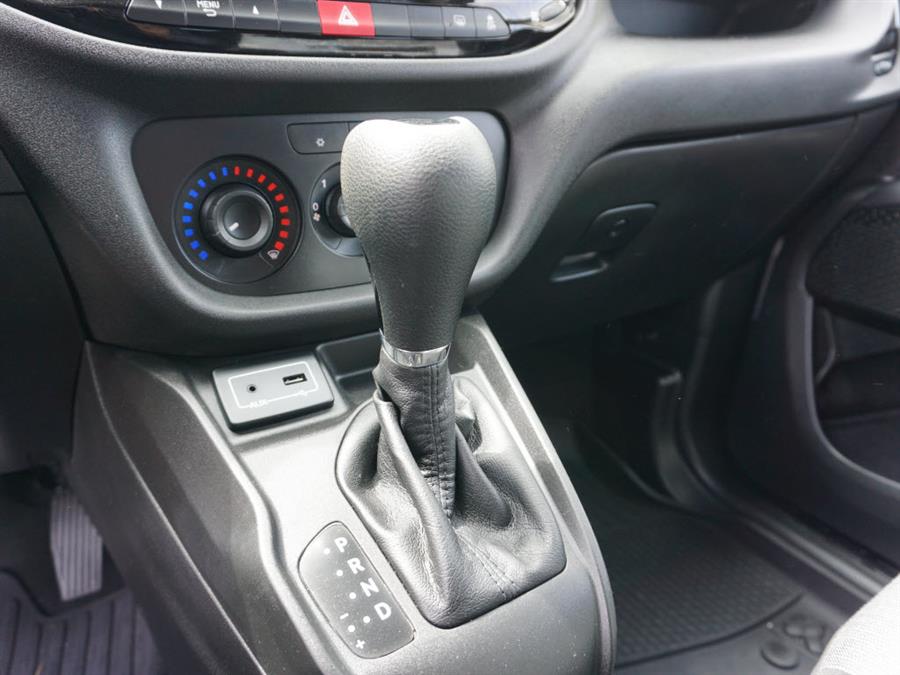Kim Dancy

As the interactive below shows, by analyzing data from multiple sources at the Department of Education, we can begin to close some of these gaps in our understanding of the Parent PLUS program. These data allow us to estimate the percentage of parents at each institution who take out Parent PLUS loans. This data still can’t tell us anything about the characteristics of the parents most likely to take out these loans, or whether they’re repaying them, key questions in understanding the effectiveness of the program. But it does highlight that certain institutions utilize Parent PLUS at much higher rates than others.
In the aggregate, the average disbursement and percent of plus loans recipients are highest at private nonprofit schools. On average, 7.9 percent of parents at nonprofit schools borrow PLUS loans compared to 6.6 percent at for-profit schools, with the average parent at a private nonprofit receiving a disbursement of over $14,000 dollars annually, and parents of students at for-profit schools receiving an average of $7,621. (Since these are annual disbursements, it’s also likely that the combined impact over time is substantially more burdensome for students enrolled in nonprofit schools.) At four-year publics, 4.9 percent borrow Parent PLUS loans, while less than one percent of parents of students at two-year publics take out these loans. Participation in Parent PLUS varies enormously by sector, but even within these groups, some institutions are utilizing PLUS loans much more heavily than others.Continue reading
